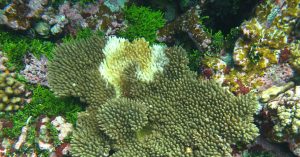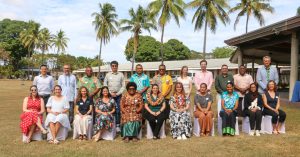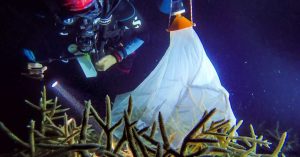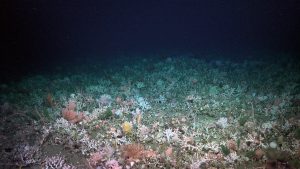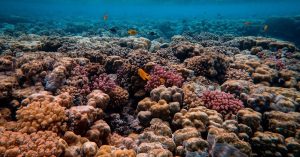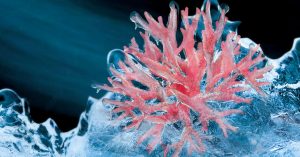CORDAP Funding Awards
G20 CORDAP is committed to making an impact in filling the gap between current and required capabilities when it comes to saving tropical coral reefs and cold-water corals.
Through our funding awards, CORDAP encourages the best minds worldwide, in a transdisciplinary approach, to propose ideas and concepts that will accelerate international research and development to supply the technologies and innovations required to secure a future for corals.
Closed Now: Coral Accelerator Program (CAP) 2025
The Coral Accelerator Program (CAP) will fund international collaborative teams with impactful ideas in coral conservation and restoration. Awards will span across the full range of novel early-phase projects through to final proof-of-concept development and testing.
After going through the review process, selected projects will receive funding based on the expectation that their proposal will quickly lead to significant discoveries, innovations and improvements in current tropical coral reefs and cold-water corals protection and restoration.
We encourage teams with ideas and concepts that transcend different disciplines and fields to participate. This includes end users in the research, design, and development of projects.
Successful applicants will be awarded funding up to USD$ 1.5 million per project which can last from one to three years.
The deadline for Concept Note Submissions was October 20, 2025, at 18:00 UTC.
CORDAP Awards
News & Events
Your contribution can fast-track research and development solutions to save the corals.
Image: Qui Nguyen

